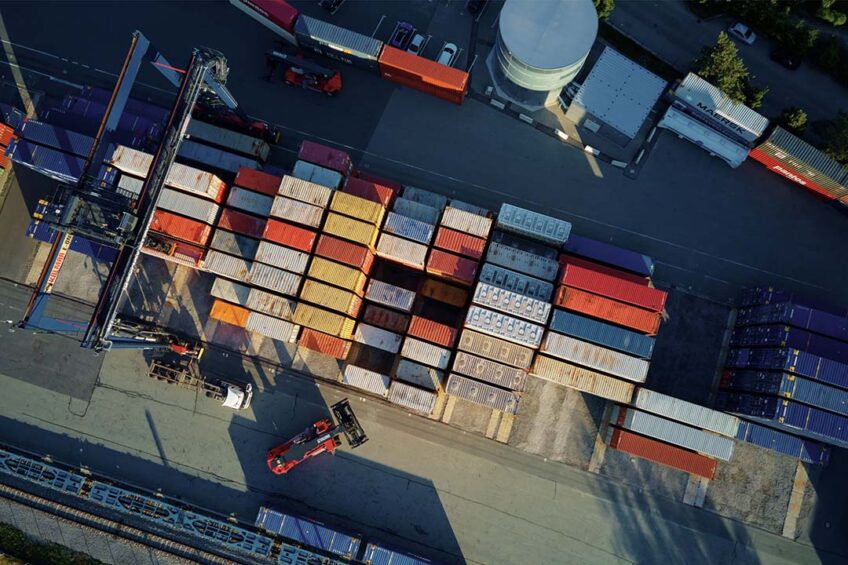More EU countries demand restrictions on Ukrainian poultry imports

The Polish National Poultry Council has backed the idea of restricting poultry imports from Ukraine, echoing fears expressed by farmers in other parts of Europe.
Poultry imports from Ukraine to the EU reached nearly 250,000 tonnes in 2023, whilst before the trade liberalisation, it stood at only 90,000 tonnes, Dariusz Goszczyński, president of the National Poultry Council, told local publication Rzechpospolita.
Poultry farmers in Poland, the largest broiler meat manufacturer in the EU, fail to compete with the Ukrainian imports, in the first place, products delivered by MHP, Goszczyński admitted. This Ukrainian giant has no need to comply with strict European production standards, which makes its products more affordable, he warned.
“Before the war, MHP sold its meat to Saudi Arabia and African countries, where now it is being replaced by Russian products. This happens, on the one hand, due to logistics issues, but above all because of easier access to Ukrainian products on the EU market,” Goszczyński claimed.
The future Ukrainian accession to the EU should partly solve this problem, as Ukrainian farmers will have to comply with the same production standards as European manufacturers, Goszczyński claimed, adding that it is questionable whether allowing duty-free imports from Ukraine bolsters the Ukrainian economy, as MHP is registered in Cyprus, a tax haven.
This is not the first time European farmers have been alarmed over rising poultry imports from Ukraine. Similar concerns were raised by businesses in France and Latvia in 2023.
Restrictions under discussions
European agriculture suffers from excessive imports from Ukraine, Janusz Wojciechowski, European Commissioner for Agriculture, told Radio Polska. The measures proposed by the European Commission so far would not tackle this problem, he insisted.
Wojciechowski disclosed that the concerns of the European officials primarily relate to imports of eggs, poultry, and sugar and indicated that giving Ukrainian farmers full access to the European markets helps Russia replace Ukrainian food in Asia and Africa.
“Russia achieves 2 goals: it pushes Ukraine out of world markets, and at the same time destabilises the market in Europe,” Wojciechowski stressed, adding that the EU should not “let Russia permanently take the Ukrainian share of the Asian and African countries”.
The commissioner expressed hope that solutions would be found that would stabilise the situation and prevent a repeat of the dramatic situation of last year when excessive grain imports from Ukraine plunged the European market into chaos and forced Poland and other neighbouring countries to restrict imports without consent from the European Commission.






![Birthe Steenberg, AVEC’s Secretary General: “Our [poultry] sector operates under the highest standards of animal welfare, biosecurity and sustainability in the world. Photo: Canva](https://www.poultryworld.net/app/uploads/2024/10/Untitled-design-79-389x260.jpeg)






